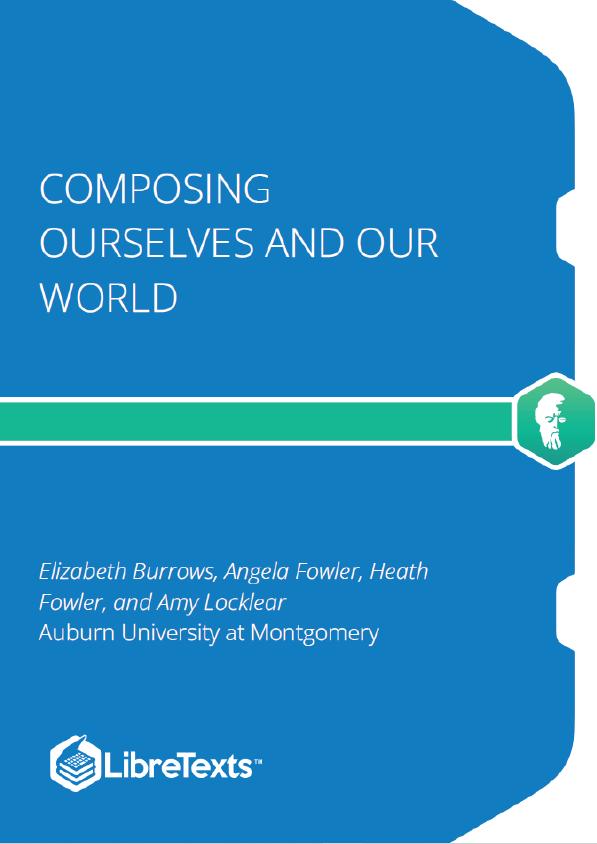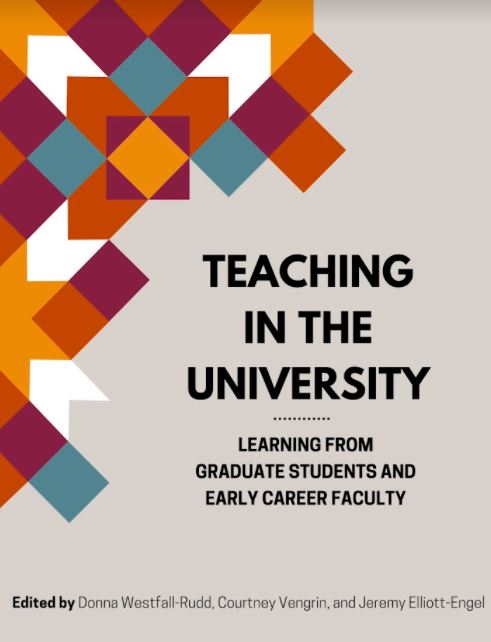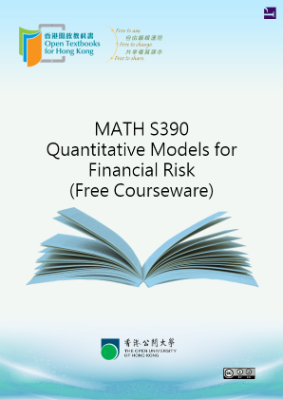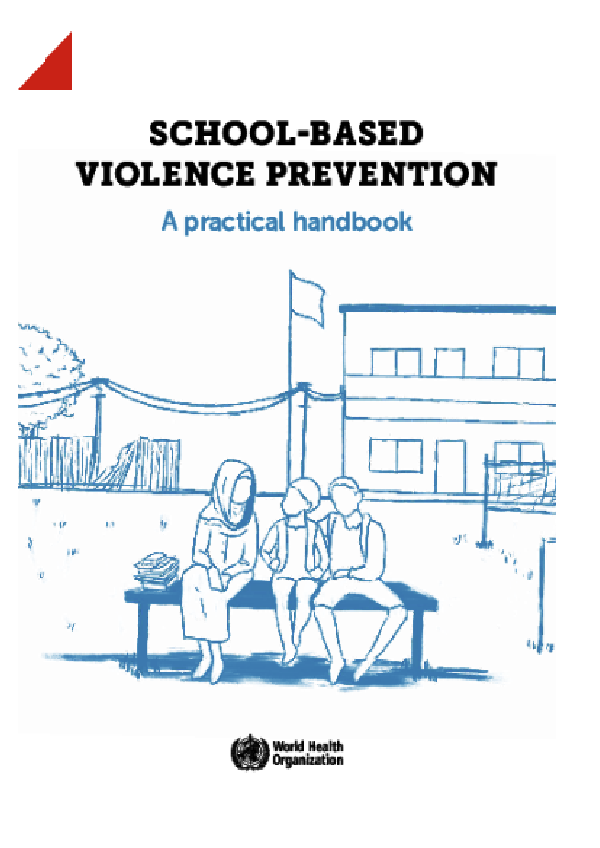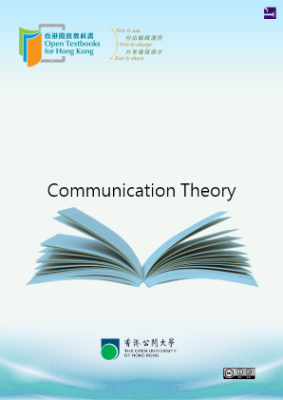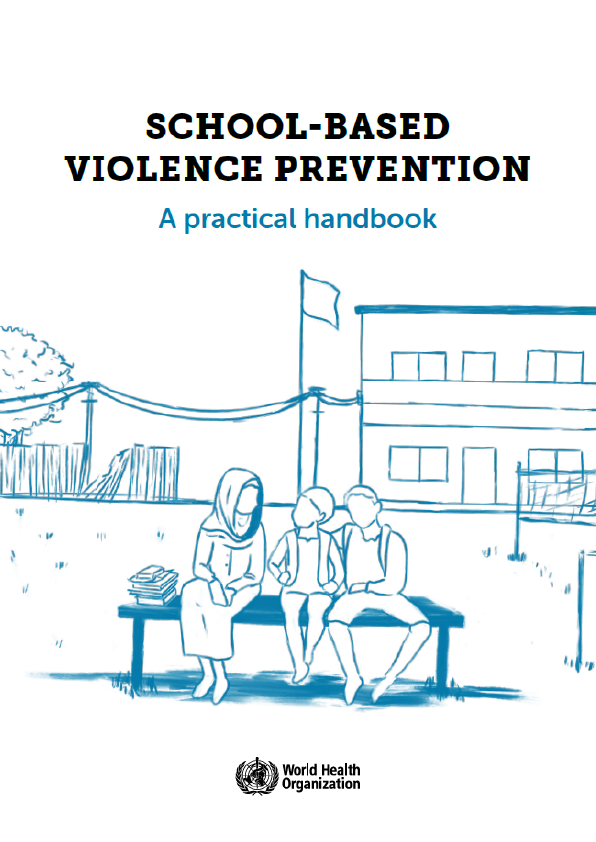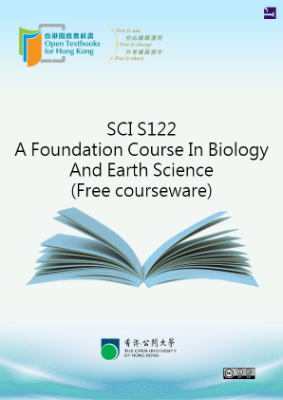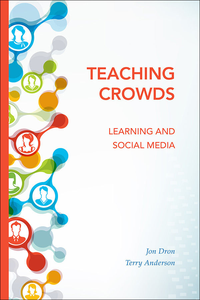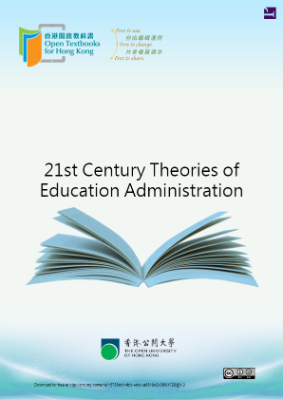Critical Thinking in College Writing: From the Personal to the Academic
by Gita DasBender
There is something about the term “critical thinking” that makes you draw a blank every time you think about what it means.* It seems so fuzzy and abstract that you end up feeling uncomfortable, as though the term is thrust upon you, demanding an intellectual effort that you may not yet have. But you know it requires you to enter a realm of smart, complex ideas that others have written about and that you have to navigate, understand, and interact with just as intelligently. It’s a lot to ask for. It makes you feel like a stranger in a strange land.
As a writing teacher I am accustomed to reading and responding to difficult texts. In fact, I like grappling with texts that have interesting ideas no matter how complicated they are because I understand their value. I have learned through my years of education that what ultimately engages me, keeps me enthralled, is not just grammatically pristine, fluent writing, but writing that forces me to think beyond the page. It is writing where the writer has challenged herself and then offered up that challenge to the reader, like a baton in a relay race. The idea is to run with the baton.
You will often come across critical thinking and analysis as requirements for assignments in writing and upper-level courses in a variety of disciplines. Instructors have varying explanations of what they actually require of you, but, in general, they expect you to respond thoughtfully to texts you have read. The first thing you should remember is not to be afraid of critical thinking. It does not mean that you have to criticize the text, disagree with its premise, or attack the writer simply because you feel you must. Criticism is the process of responding to and evaluating ideas, argument, and style so that readers understand how and why you value these items.
Critical thinking is also a process that is fundamental to all disciplines. While in this essay I refer mainly to critical thinking in composition, the general principles behind critical thinking are strikingly similar in other fields and disciplines. In history, for instance, it could mean examining and analyzing primary sources in order to understand the context in which they were written. In the hard sciences, it usually involves careful reasoning, making judgments and decisions, and problem-solving. While critical thinking may be subject-specific, that is to say, it can vary in method and technique depending on the discipline, most of its general principles such as rational thinking, making independent evaluations and judgments, and a healthy skepticism of what is being read, are common to all disciplines. No matter the area of study, the application of critical thinking skills leads to clear and flexible thinking and a better understanding of the subject at hand.
